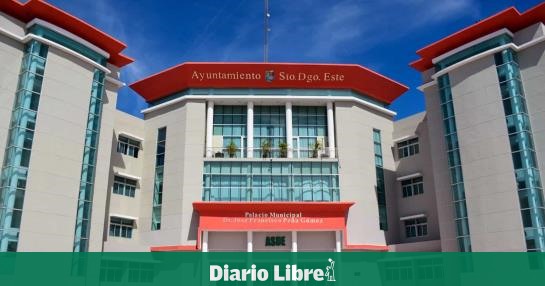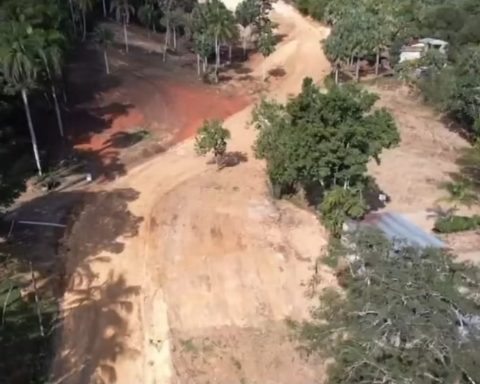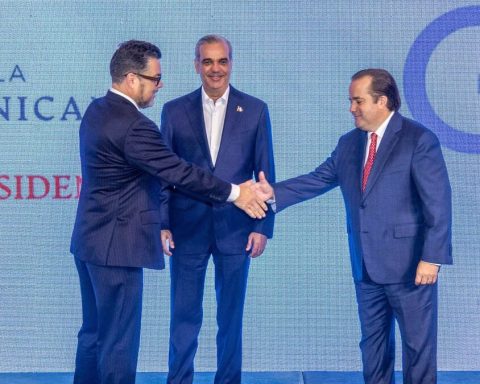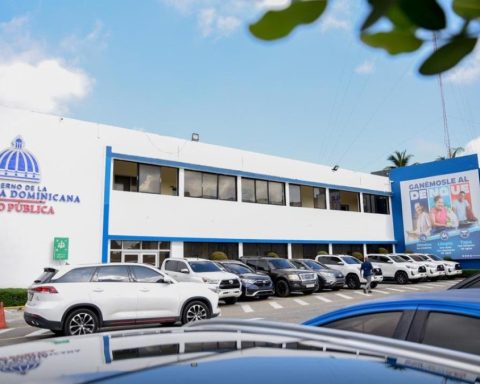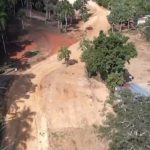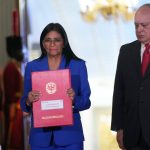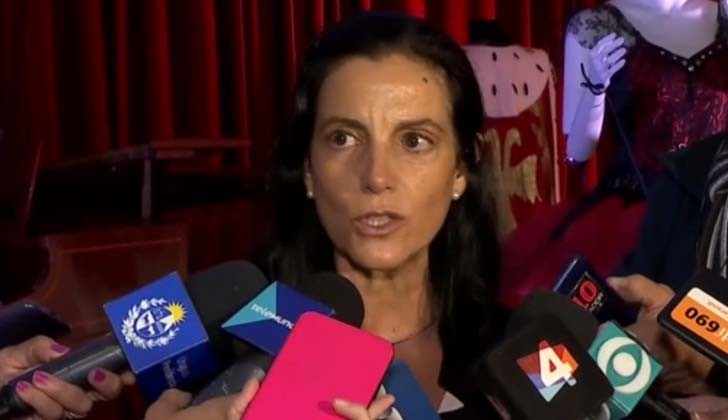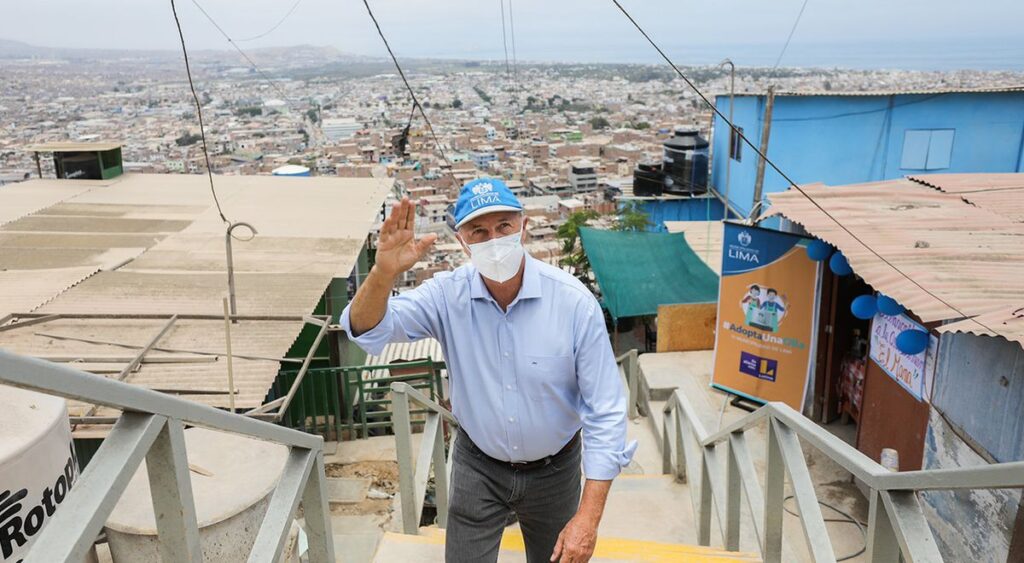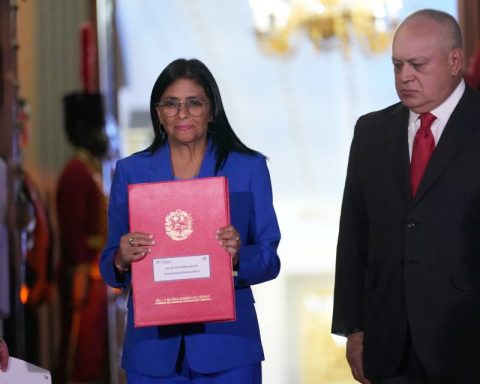The Dominican Republic became one of the countries with the highest number of municipal fragmentations in the region, due to the 152% increase in municipal entities in the last two decades, going from 155 to 393 in the last 25 years, according to the Economic Commission for Latin America and the Caribbean (ECLAC).
“Although in 2007 minimum requirements were introduced for the creation of municipal entities that contributed to curbing their proliferation, in practice it has not worked”, highlights the international organization in its report on the Panorama of fiscal relations between levels of governments of countries of Latin America and the Caribbean (LAC).
The Mayor’s Office of Santo Domingo Este defines municipal entities as public entities, created to respond to the basic needs of the environment in which they have jurisdiction, for example: territorial planning, land management, urban planning, execution and urban discipline, maintenance and use of green areas, guarantee environmental sanitation (collection and handling of waste and residual water) and other responsibilities.
In this sense, so that local governments (as mayors are also called) carry out their functions for the benefit of society without distractions or setbacks, since 2010, the State provides “certain autonomy” in political and fiscal aspects to the authorities that direct these public institutions.
The Dominican Federation of Municipalities (Fedomu) has registered 158 mayors, one for each municipality, without calculating the number of officials by municipal districts, who also operate with autonomy and their own budget.
For the ECLACthe fact that there is a high municipal fragmentation and authorities “is a phenomenon”, and attributes it to the fact that the municipal income law ensures a minimum transfer to municipal entities, which gives way to its creation.
Local government spending
The ECLAC calculates that for 2019, the public investment of local governments was around 3.7% of the country’s total and was equivalent to 0.1% of the gross domestic product (GDP). In addition, it points out that the legislation establishes that 40% of the income must be allocated to capital expenditure; this category represented about 30% of municipal expenditures.
The report details that the highest percentage of municipal spending was repealed for consumer spending, with 64.6%, which represents 0.3% of GDP. While 29.1% was allocated to capital spending.
When referring to the real municipal investment as a factor of incidence in economic development and improvement in the quality of life of the inhabitants of the municipalities, it indicates that only 0.1% was allocated to investments, marking a trend that continues to date. .
The economic organization highlights that among the main challenges for government fiscal relations is the poor definition of municipal spending functions, poor collection capacity and lack of a fiscal responsibility framework.
The projection of the ECLAC This is because in the 2021 budget an increase of 3.13% in municipal transfers was established with respect to the previous year and an increase of one percentage point is expected each year until 2024.
